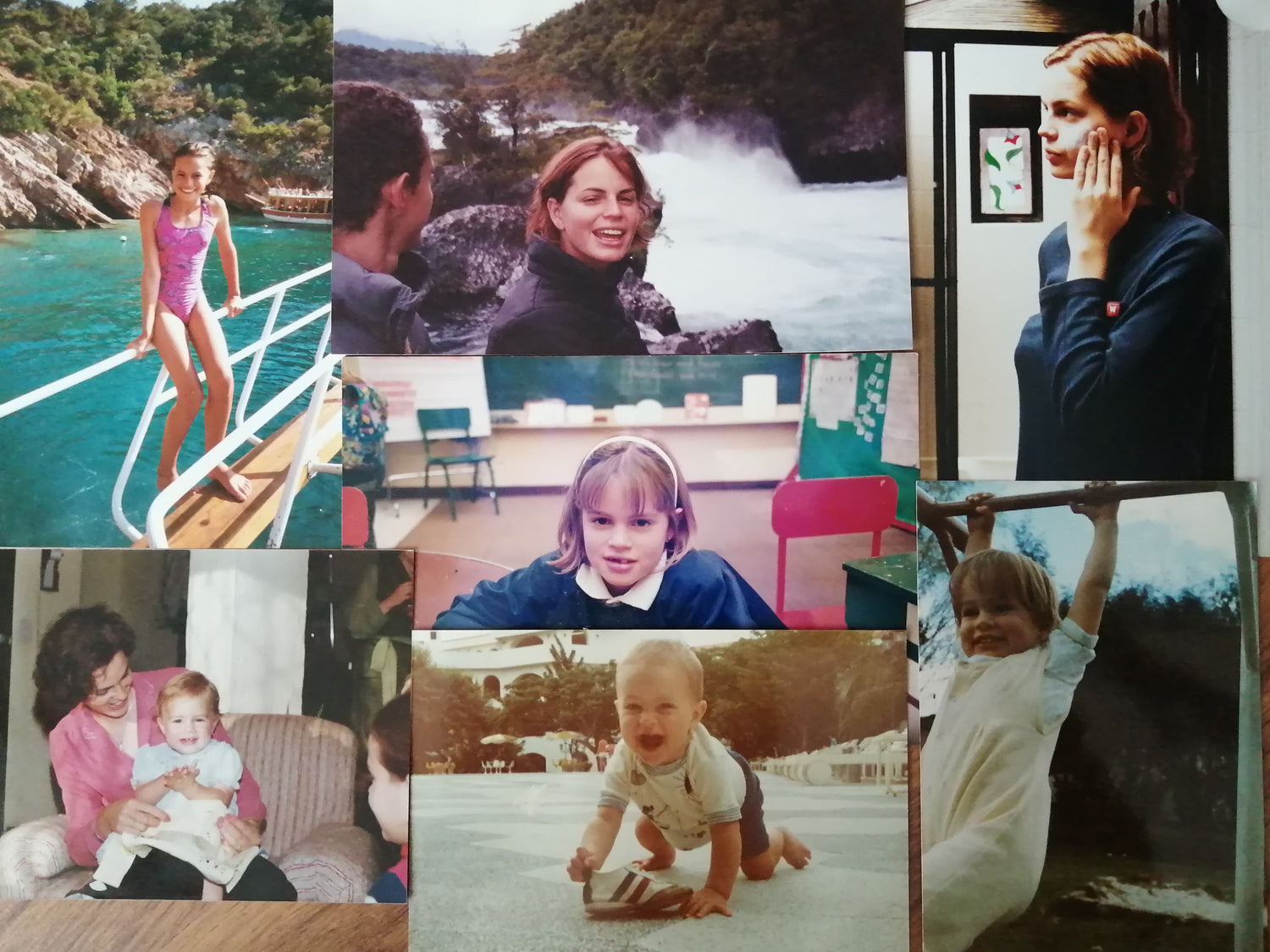My story

Throughout my adolescence and adulthood I had several partners or suitors who were strongly disapproved of by my parents and strongly approved of by me. It was a pretty big gap between what I perceived and what they perceived. While I saw a prince charming that I had to chase and please, they saw a toad with his princess. This dissonance led to strong fights at home that mixed with the adolescent need for freedom, exploration and curiosity. I was quite curious and I liked freedom!
My mother still remembers “those times” with terror and my dad says that “they took out all the gray hairs he has.” I went to psychology since I was 18 and the psychologist quite tactfully, and without mentioning it directly, suggested to me that the best thing for me was to stay away from those couples. I reasoned, “But if I feel strongly attracted and in love with them, what is the reason for leaving them? And I could also continue trying to fix them (I thought I was their psychologist).'' Ultimately, my parents and my psychologist were always right and the relationships ended when I couldn't take it anymore.
After these relationships, I decided to marry someone who resembled what my parents and my psychologist suggested to me; and although they have been one of the best couples I have had in my life and with whom today I have a beautiful daughter, I learned that I was not completely satisfied and for many years it was impossible for me to separate. After getting divorced, and falling back into the same relationships as before, I learned that this relationship thing is no game and that it has emotional implications that affected my quality of life.
Emotional codependency took on another stronger nuance that took over my entire life, my thoughts, emotions, behaviors and my emotional health were affected every day. I had to abstain from having a partner for several years to reflect and learn what was happening to me. Use all the resources of psychology to understand my symptoms. I learned about childhood traumas, attachment theories, male psychology and behavior, the dynamics of dating, the components of a healthy relationship, eroticism, male and female biology, sexuality in couples, etc... I even started providing couples therapy!
However, no matter how much theory I learned, therapy, and workshops I took, the symptoms of codependency still persisted. In this quest, I began a manifestation program that was based on subconscious reprogramming and self-worth. I found that my symptoms started to improve and I was finally starting to feel relief! Additionally, I used other very valuable resources and techniques that were not in the course and I developed my own tools. I began to take note of what was working for me and what was not, and applied it with patients who had symptoms of emotional codependency with good results. It was in this way that I began to put together all the pieces of the puzzle until I developed the “formula for the tusa.”
Emotional detachment workshops are very useful when it comes to relieving symptoms of codependency, self-knowledge, personal development, improving relationships of all kinds, to support you in the process of finding your ideal partner and increasing your sense of self-worth and self-esteem.

In this collage I represent the most significant stages of my life and I reflect on how the experiences and people who were present at each stage influenced my emotional relationships.
References
Here I leave you all the resources that were very useful in my process

Viviana Molina
She has professional training as an Art Psychotherapist from Goldsmiths, University of London and as a Psychologist from the Universidad de los Andes in Bogotá, Colombia.
For ten years she has worked as an Art Therapist, Psychologist and educator of artistic processes with children, adolescents and adults in the area of mental, educational and social health. He currently works in his private practice developing bilingual sessions for expatriate children and families, where he carries out psychotherapeutic interventions with emphasis on third culture issues, adaptation, emotional management, identity development, life project and self-esteem.
